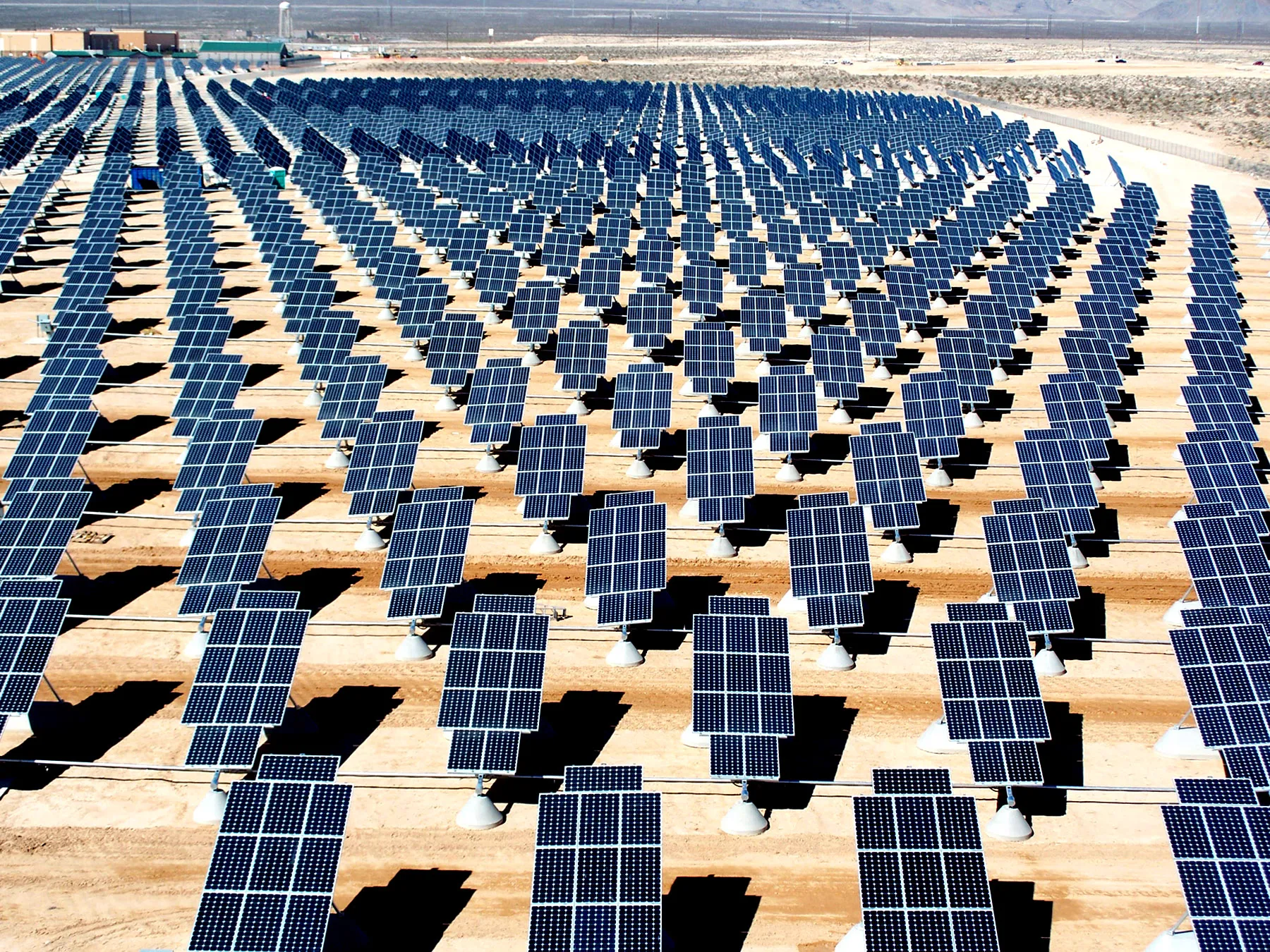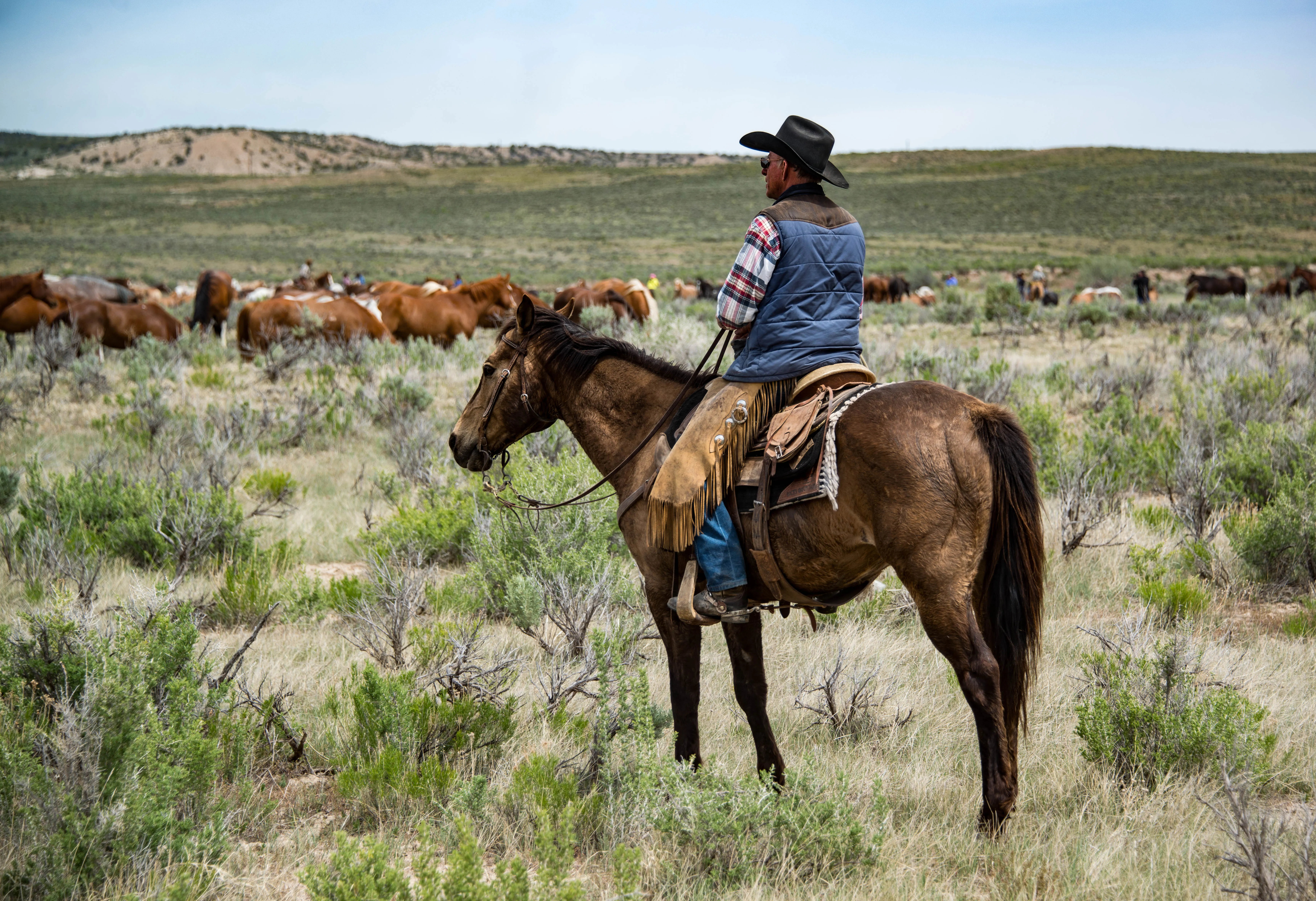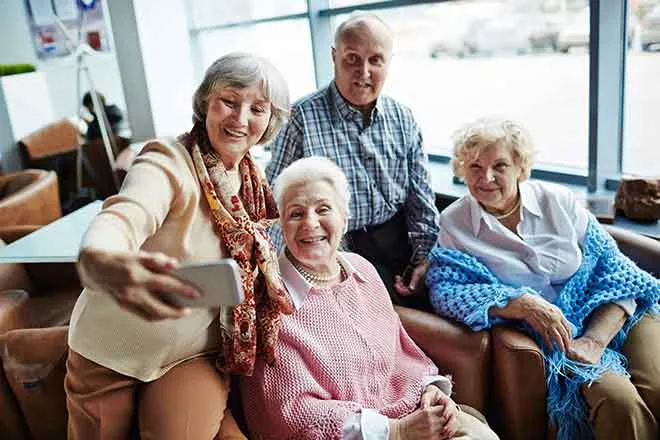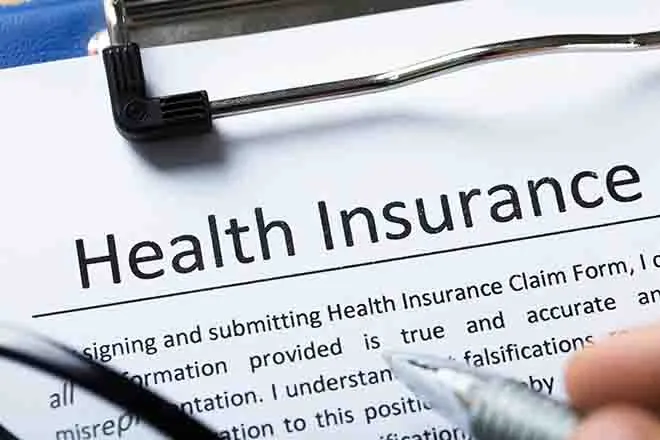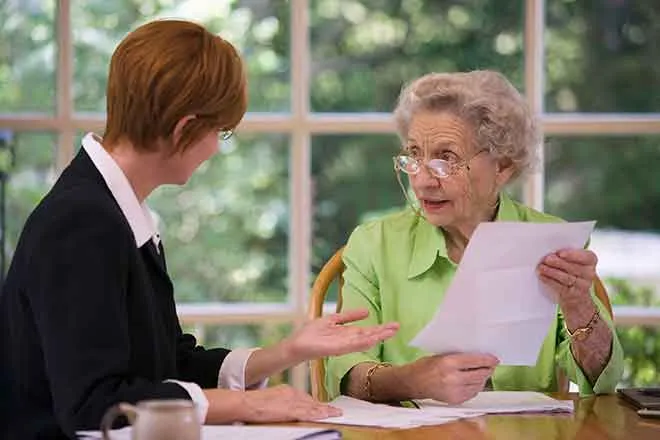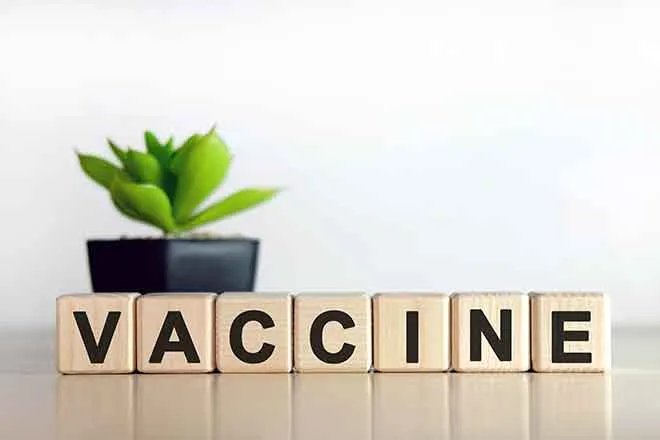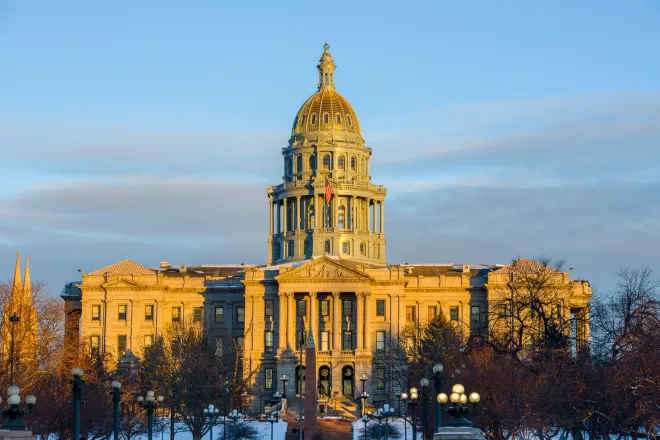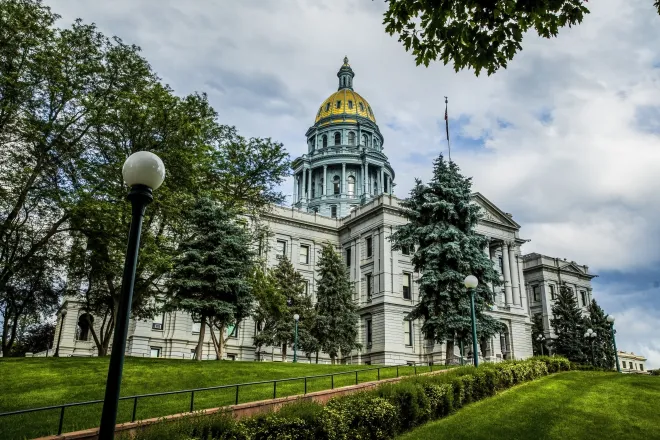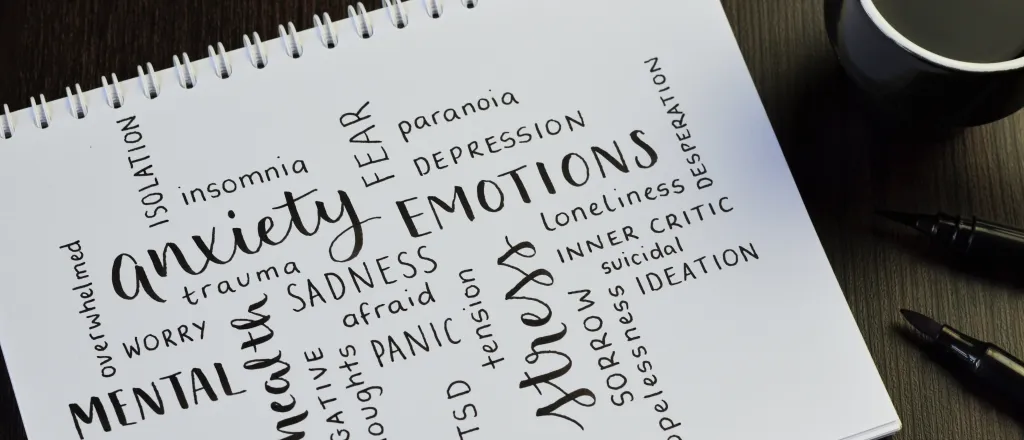
Expert wants oversight of social media giants amid declining teen mental health
Click play to listen to this article.
(Nevada News Service) Earlier this year, Nevada Attorney General Aaron Ford took legal action against five of the biggest social media platforms, claiming they have no regard for youths' mental health and well-being.
Jonathan Haidt, social psychologist at New York University, reaffirmed Ford's sentiments, suggesting children and adolescents today who spend hours at a time on social media could experience devastating effects on their mental health and their ability to cope with real-life challenges.
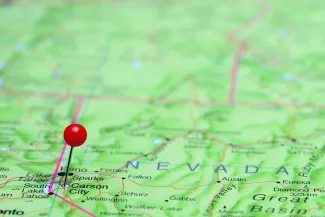
"When you have a synchronized global collapse in mental health hitting the same way demographically, it is going to be pretty hard to find a theory other than my theory of the 'Great Rewiring,'" Haidt contended.
Haidt reported the mental health of teens, especially girls, plunged in the early 2010s, with higher rates of depression, anxiety, self-harm and suicide when what he calls "play-based childhood," was replaced by "phone-based childhood." Additionally, symptoms of depression and anxiety doubled during the pandemic according to the Nevada Division of Public and Behavioral Health, which put together a guide to help Nevada families navigate mental health challenges.
American teenagers, ages 13-17, have propelled apps like TikTok to the top of the list of available social media platforms, according to Pew Research Center. Haidt noted while certain measures such as more strict age verification requirements have been considered, tech companies contend it would be too much of an inconvenience for adult users. Haidt called on lawmakers to step up.
"What I'd like to see is Congress would mandate that the companies have to do something," Haidt emphasized. "They have to make a good-faith effort, 'we're not going to hold them responsible for 100 percent,' but at present 0 percent there is nothing."
What Haidt termed a "completely frictionless and anonymous virtual world," is causing harm to young children around the country and added he supports a small level of inconvenience for adult users when they sign up for platforms if it will help keep children more safe.


